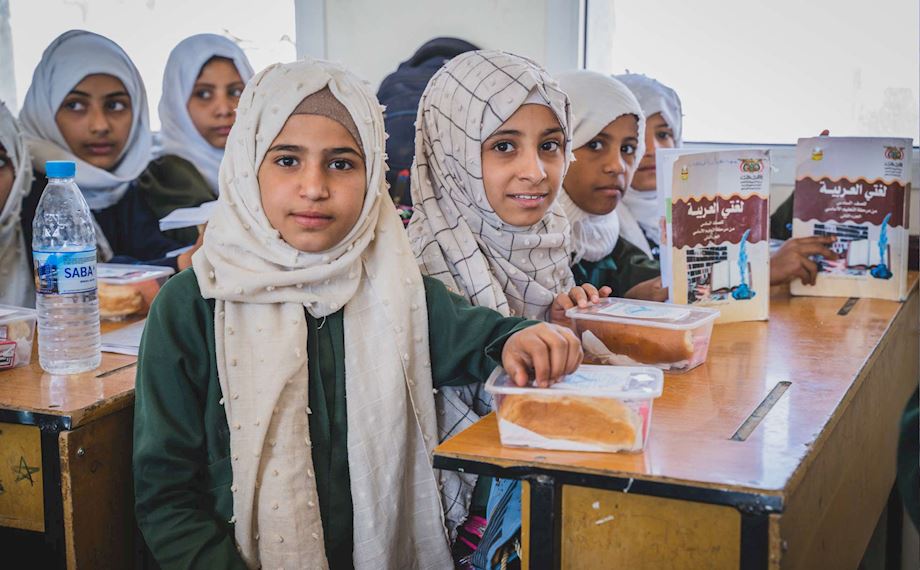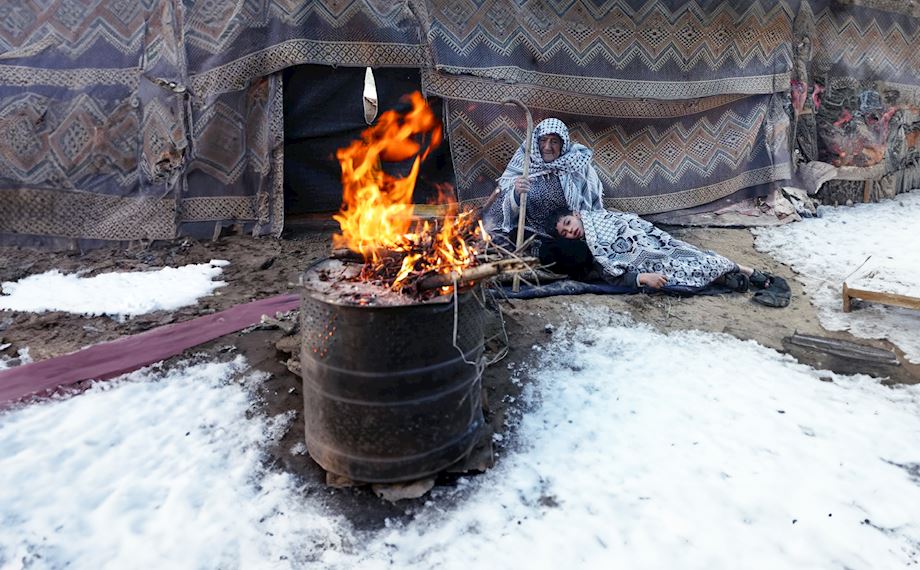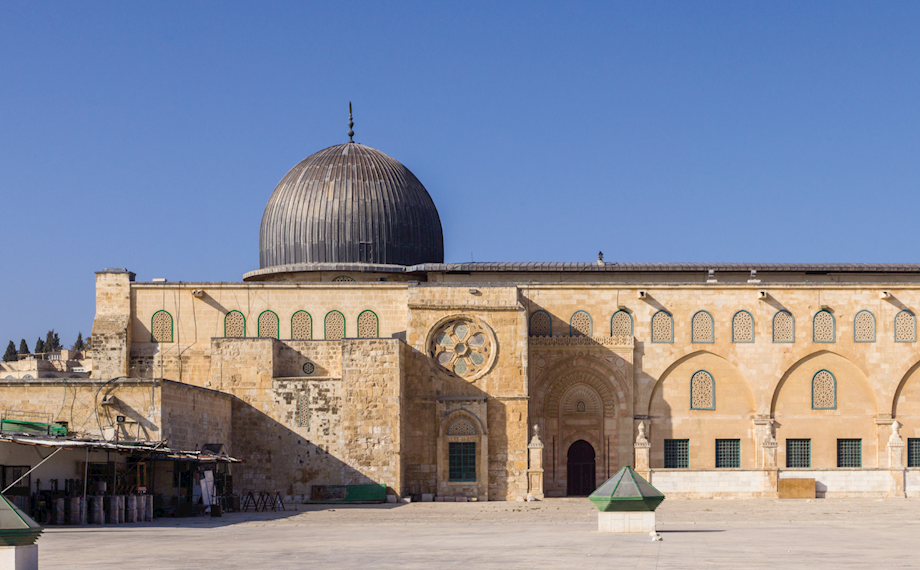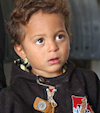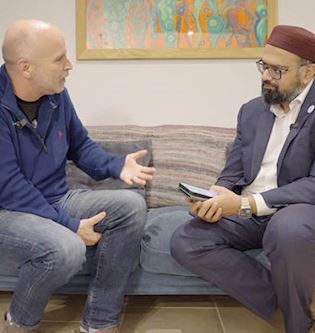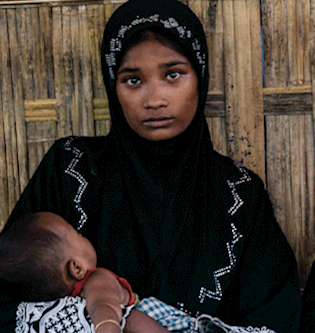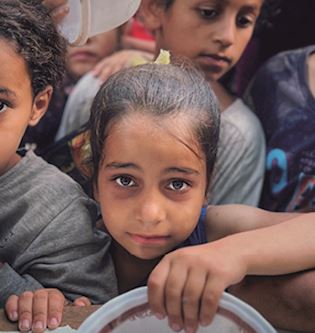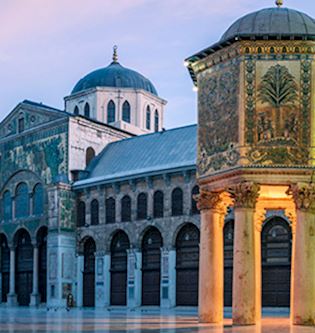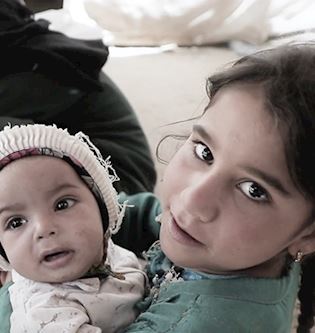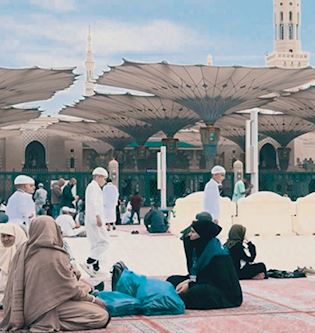Four lessons you can learn from Surah Ad-Duhaa

1.) ‘By the morning brightness’. [93:1]
The fact that Allah swears by the midmorning (al-duha) is proof of its merit. It is a noble time, in which it is recommended to pray the Duha Prayer. If someone prays the Fajr prayer in congregation and then remembers Allah until the sun has risen and then prays the Duha Prayer, they will have the reward of both Hajj and Umrah.
The Prophet (saw) said, 'As each morning comes, every one of you must give charity for every limb of their body. Saying ‘Subhanallah’ is an act of charity, saying ‘Alhamdulillah’ is an act of charity, saying ‘La ilaha ill’Allah’ is an act of charity, and saying ‘Allahu Akbar’ is an act of charity. Commanding people to do good is an act of charity and forbidding evil is an act of charity. To pray two units at the time of Duha suffices you all this charity'.
We are reminded there is light, there is always hope. That the days come and go, and with every sunrise is the new opportunity to do good, to grow, to change. There is hope that things won’t always be the same, so look forward to everything that is yet to come.
2.) 'And the hereafter is better for you than the first (life)’. [93:4]
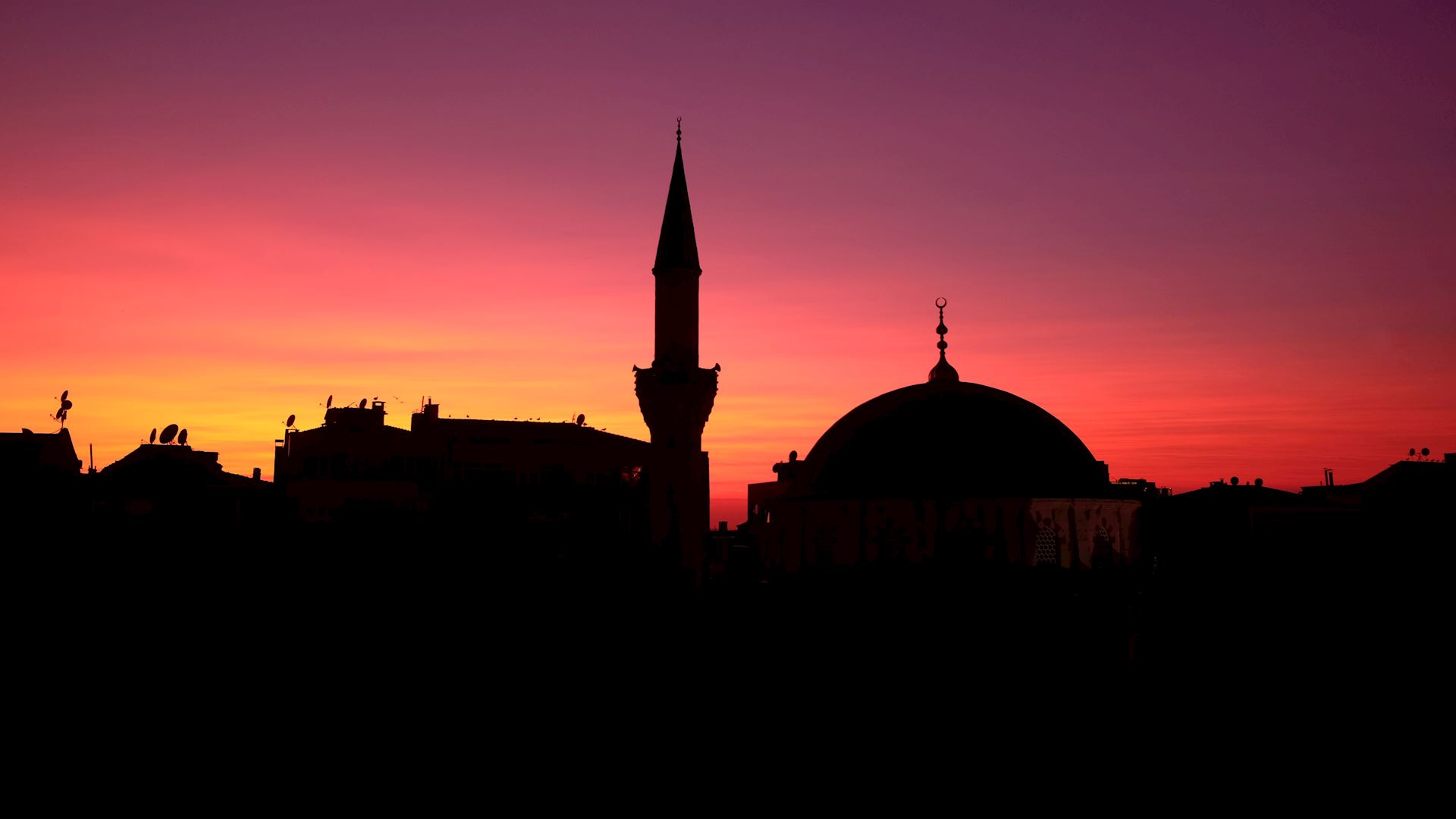
The honour which Allah will bestow upon you in the next life is far greater than that which we have bestowed upon in this life. Likewise, although the sincere believer is given mercy and blessings in this life, what is awaiting him is much better.
We are reminded that this Dunya is nothing, that it was designed to hurt us, to be a test and that real joy and happiness lie in the hereafter.
It is recorded by Imam Ahmed that Abdullah bin Mas'ud said, 'The Messenger of Allah was lying down on a straw mat and it left marks on his side. Then when he woke up he began to rub his side. So I said, "O Messenger of Allah! Will you allow us to spread something soft over this straw mat". He replied, "I have nothing to do with this world. The parable of me and this world is like a rider who rests in the shade of a tree, then he passes on and leaves it"'. [Tirmidhi]
So always remember, whatever you feel in this world, you won’t feel those hardships in the next. Only peace and happiness will follow you. This world is only a number of days but your hereafter is for eternity. There is always better coming, so keep firm in your hope and remember Allah will give.
3.) ‘And your Lord is going to give to you, and you will be satisfied’. [93:5]
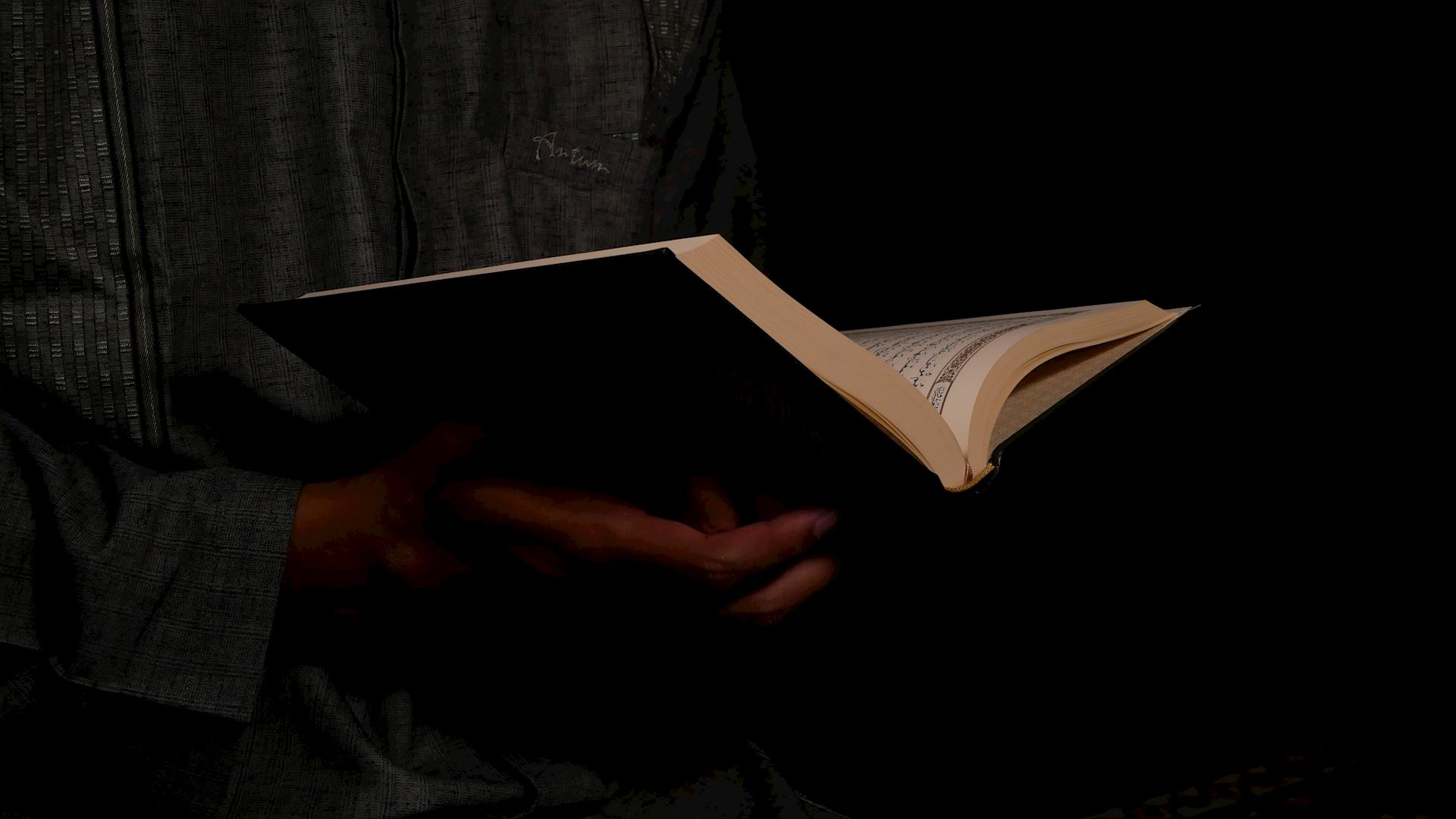
We are reminded that Allah has not left us alone. He is always there, watching over us, and soon He will give.
A man from Kufah came to ask Sayyiduna Muhammad al-Baqir whether the hadith of the Prophet’s intercession was authentic.
He confirmed that it was and then he said, 'You say that the most hopeful verse in the Qur’an is "My slaves who have wronged themselves, do not despair of the mercy of Allah. Allah forgives all sins. Truly He is the All-Forgiving, Most Merciful" [39:53]. We say, however, that the most hopeful verse is "And your Lord is going to give to you, and you will be satisfied' [93:5]'.
The beloved Prophet (saw) does not want any of his Ummah to enter the fire and will do his utmost to intercede for every member of his Ummah.
We learn that our happiness is coming. That verily after every hardship there is ease. Allah is promising us that we will be satisfied. That after every bout of rain, there is sunshine. This verse reminds us of the love and mercy that exists within our faith, that Allah is close to us. 'And we are closer to him than (his) jugular vein'. [50:16]
4.) ‘So as for the orphan, do not oppress (him). And as for the petitioner, do not repel (him). But as for the favour of your Lord, report (it)’. [93:9-11]
We are reminded of everything we have, of all the blessings in our lives. There are those with nothing, how can we be ungrateful to Allah?
This encourages us to give, to give ease to the needy the way we want ease from our difficulties. Allah has given us so many favours, if we were to count them all we would pass before we finish. Allah loves us, he wants us to become connected to him.
This verse tells us to uphold the rights of orphans and to remember that their Prophet (saw) too was born an orphan. Do not harm orphans and do not look down upon them. If you are given responsibility for their property then fulfil this responsibility with excellence and give them from your own wealth. Do not take advantage of their weakness and do not think that they have no supporters.
There is so much barakah in sponsoring an orphan, The Prophet (saw) raised his index finger and middle finger and said: 'I and the sponsor of an orphan will be like these two (fingers) together in Paradise'.
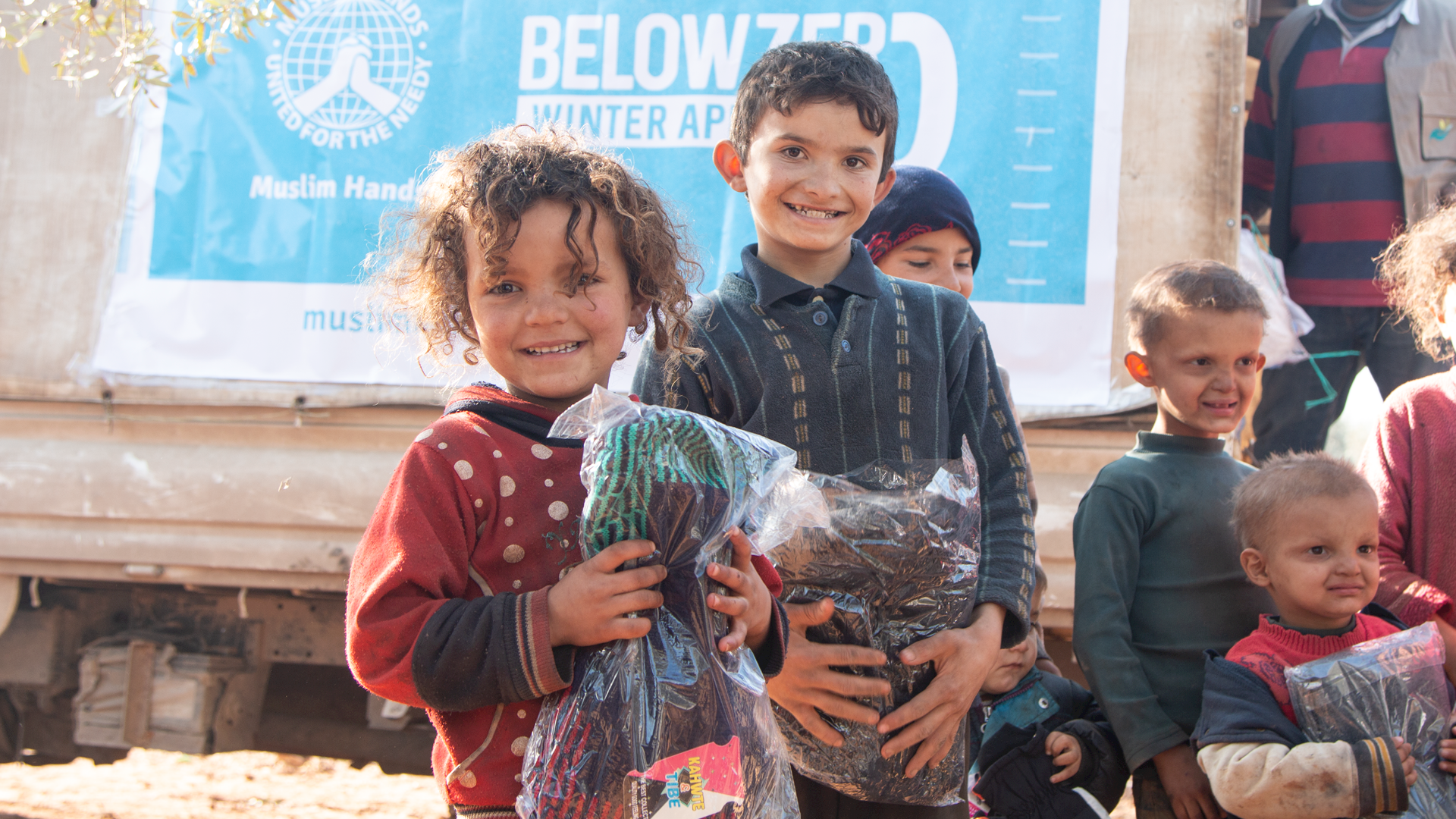
Our tafsir is based on the commentary of Habib Umar, which can be read here.
In summary, these are the four simple lessons we can learn from this short, yet powerful Surah:
That there is hope, that Allah loves us, that better is coming, that Allah will give and reminding us of all He has given before.
They remind us that our hardships won’t last forever, and how they passed before; they will pass again. Alhamdulilah for everything He has given us, for when we look at those who have nothing, then we realise how lucky we are.
And the way Allah has given to you, you can give to others from what He gave to you. And the reward for that lies only with Him.
If you want more blogs like this, get in touch with us on Instagram, Twitter or Facebook and let us know!





